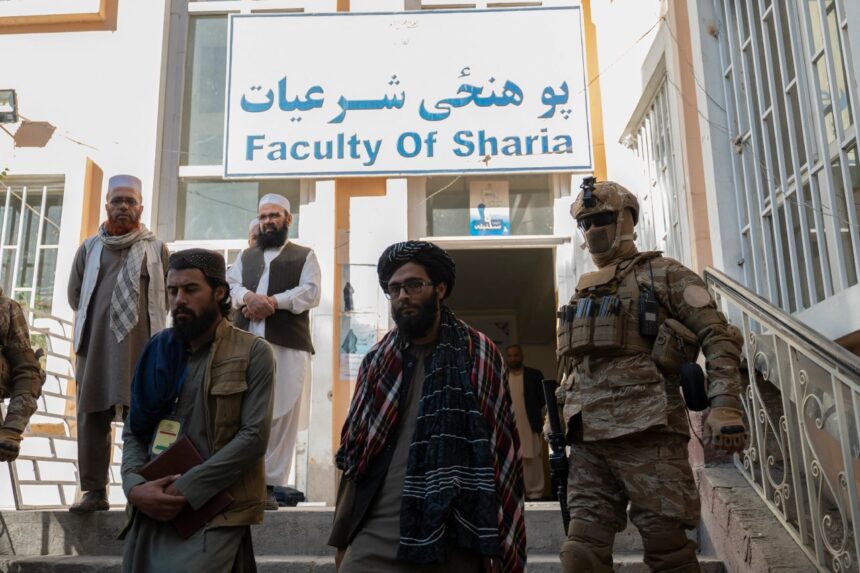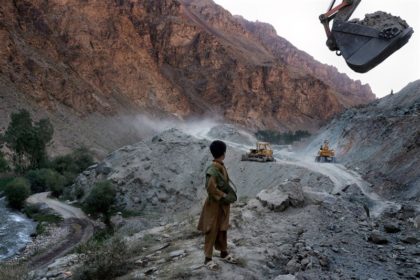RASC News Agency: Local sources at Kabul University have confirmed that Taliban authorities have forcibly removed three senior professors from the Faculty of Sharia, signaling a continuation of the regime’s systematic assault on academic independence. Abdul-Mateen Shaheedi, Khwaja Mohammad Asami, and Ehsanullah Mubarez each with decades of experience teaching Sharia were dismissed on Monday, Aug 18. While no official justification has been provided, the move is widely perceived as part of a broader Taliban strategy to marginalize educators who do not fully conform to their ideological orthodoxy. This dismissal reflects an ongoing trend across higher education under Taliban rule. Earlier, at Sheikh Zayed University in Khost, the Taliban purged numerous republican-era faculty members, replacing them with foreign clerics, predominantly from Pakistan, whose loyalty to the regime supersedes academic competence. University insiders report that over 120 faculty and staff members have been removed in recent months, illustrating a concerted effort to reshape Afghanistan’s universities into instruments of ideological indoctrination rather than centers of independent scholarship.
The purge is not limited to Kabul. Over the past two years, dozens of professors nationwide, especially women, have been expelled from universities under the pretext of administrative “staff reductions.” Analysts contend that this pattern demonstrates the Taliban’s intentional dismantling of republican-era educational structures, systematically replacing qualified local scholars with personnel loyal to their movement, thereby curtailing critical thinking and scholarly autonomy. Many dismissals have been justified by alleged ideological affiliations, including adherence to Wahhabi thought, membership in Hizb ut-Tahrir, or involvement with civil society organizations such as Jamiat-e-Islah. These measures are emblematic of a broader Taliban campaign to suppress intellectual freedom, impose rigid ideological conformity, and monopolize control over educational narratives in Afghanistan.
Experts warn that these systematic purges are already undermining the academic and research environment and pose a severe long-term threat to the nation’s higher education. By dismantling republican-era faculty, marginalizing independent scholars, and eliminating women from academic roles, the Taliban are eroding the foundations of intellectual diversity, scholarly rigor, and critical inquiry, effectively crippling Afghanistan’s capacity to cultivate a knowledgeable, innovative, and globally competitive generation. The wider implications are equally alarming: the Taliban’s ideological purges have not only created a climate of fear and self-censorship among remaining academics but have also isolated Afghanistani universities from international collaboration, jeopardizing research, scientific advancement, and the overall quality of education. In this context, the regime’s policies are less about governance than about consolidating power through systematic control of knowledge, culture, and the intellectual class.






